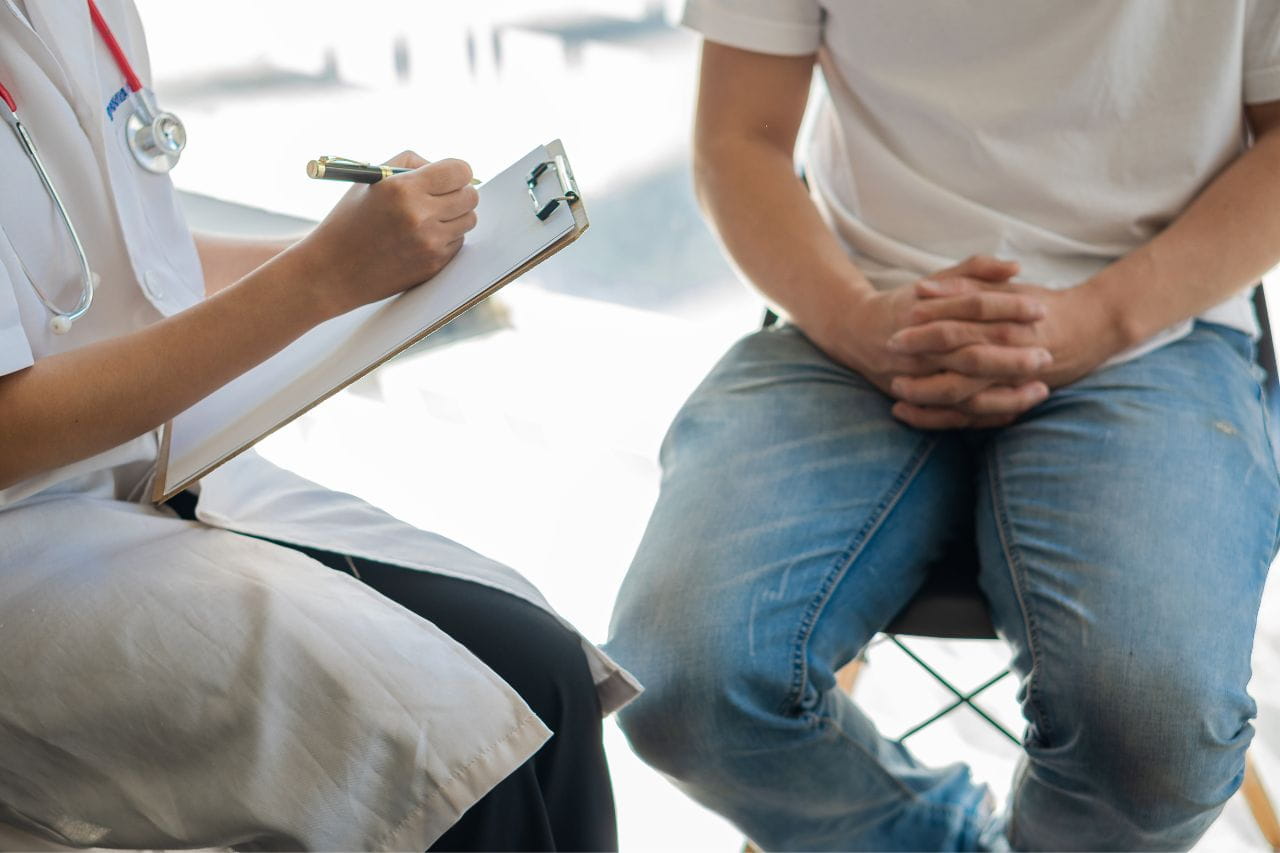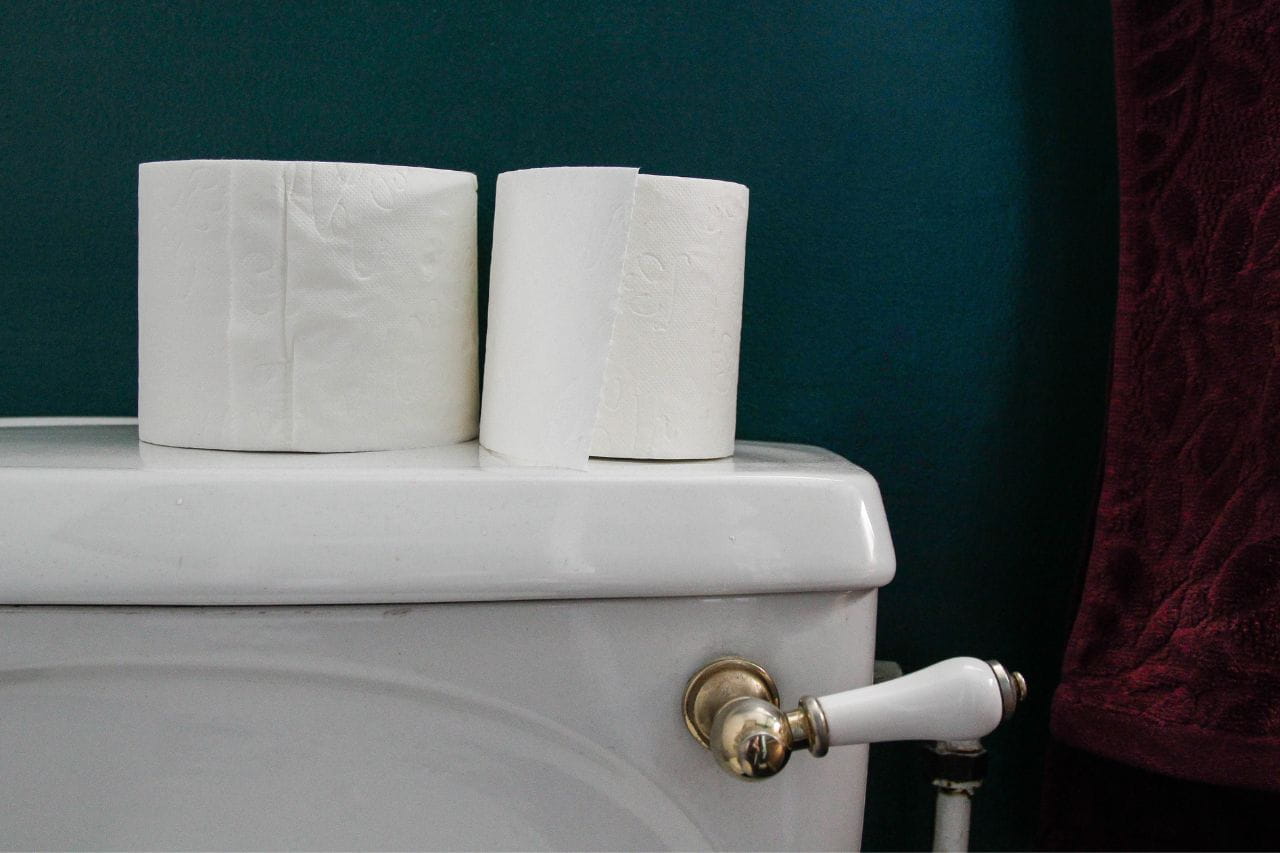Understanding How Urological Care Changes as We Age

This article explains normal aging changes in the urinary system.
The Impact of Aging on the Urinary System
The urinary system contains several components, including the kidneys (which filter the blood to remove waste), ureters (which move urine away from the kidneys), bladder (that stores and then expels urine), and others.
Some of the natural, age-related changes to these organs are:
- Reduced kidney function, including decreased blood flow and filtering ability
- Reduced bladder capacity, weakened muscles, and decreased sensitivity
- Inflamed urethra (through which urine leaves the body) that restricts urine flow
- Enlarged prostate in men that reduces urine flow
Experiencing some or all of these issues can lead to various urination changes.
Common Urinary Problems in Seniors
Several kidney and bladder problems become more prevalent with age. Some of the most common include:
- Urinary incontinence. There are three main types. Stress incontinence is when pressure on the bladder from coughing, laughing, exercising, etc., causes urine leakage. Urge incontinence is when someone urgently needs to urinate and can’t accommodate that need. Overflow incontinence occurs when small amounts of urine leak from a full bladder.
- Urinary tract infection (UTI). A decreased ability to empty the bladder completely increases the risk of UTIs.
- Benign prostatic hyperplasia (BPH). This non-cancerous swelling of the prostate in men can cause frequent urination in old age.
- Kidney stones. These are hard salt and mineral deposits in the kidneys. Passing them out of the body tends to be very painful, but they typically don’t cause permanent damage.
- Bladder cancer. This is cancer that occurs in the bladder lining.
Fortunately, your doctor can help you understand the risk factors for these issues and prescribe treatment if needed.
For example, urinary incontinence, one of the most common urine problems in old age, can be treated in several ways. This includes pelvic muscle exercises, training to suppress urgency, oral and topical medications, medical devices, electrical nerve stimulation, and surgery to prevent leakage, including leaking urine without knowing it.
What’s right for you will depend on your symptoms, goals, and other factors. But if you’ve become frustrated or embarrassed because “I can’t hold my urine!” or are experiencing frequent urination in old age, there are effective treatments to give you more control and peace of mind.
Changes in Urination Patterns
Over time, most seniors notice their urination patterns changing. You may experience some or all of the following:
- Increased frequency of urination. This can be due to anatomical changes, medications you’re taking, etc.
- Nocturia. These are nighttime awakenings caused by the need to urinate.
- Urinary urgency. Changes in your urinary tract may produce the sensation when you need to urinate that you must go immediately.
- Urinary retention. It’s common to be unable to empty the bladder completely.
- Difficulty starting urination. Older adults may find it takes longer to begin urinating than it used to.
- Weak urine stream. Urine flow may be reduced, such as when a man has BPH.
You should tell your doctor about any changes in your urination patterns. Addressing issues in a timely manner can help prevent them from disrupting your lifestyle.
Diagnosis and Treatment Options for Urinary Problems
Doctors use several processes to diagnose urinary problems. For instance, they do pelvic exams on women and prostate exams on men to assess the state of those organs. They also have you provide a urine sample that a lab can test for various characteristics, including the presence of bacteria.Doctors also use bladder ultrasounds to determine whether you can fully empty your bladder.
Treatments for urinary incontinence in men and women cover the spectrum, from lifestyle changes, exercises, and behavioral training, to medication, devices, and surgery.
Finding the right approach or combination of methods can take time. But the good news is that there are many ways to address urinary problems and improve your comfort, control, and confidence.



